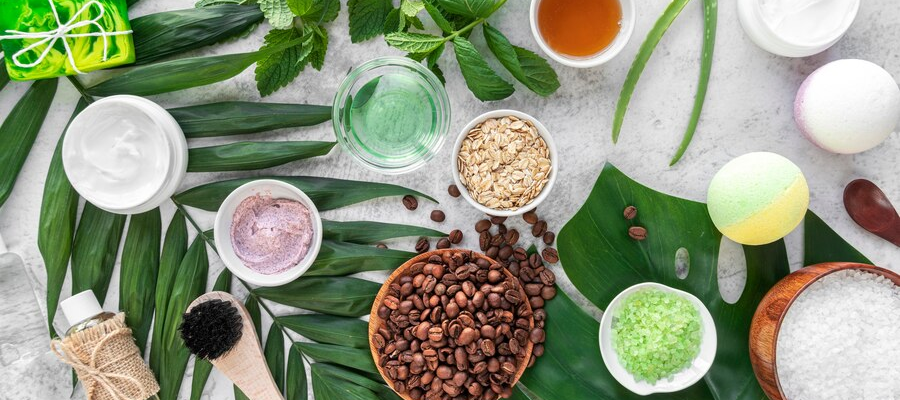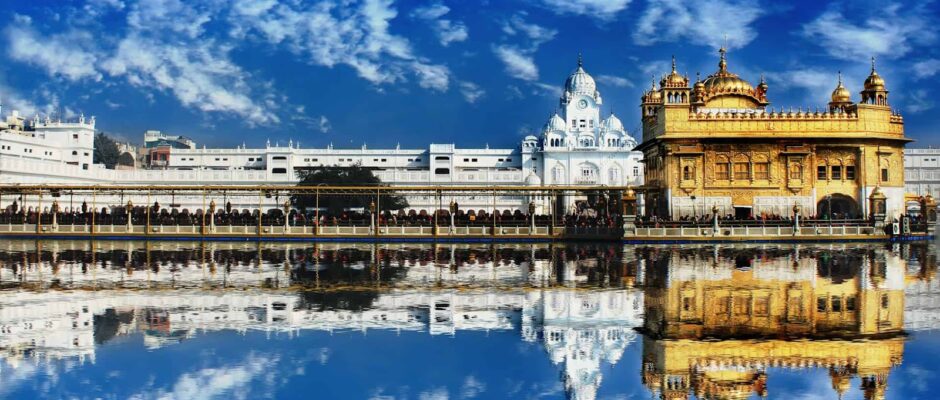Gender Neutral Trends: Embrace The New Style Statements (Beauty & Self Care – No.5)
Every pigment and stroke on your face reflects empowerment, boldness, and authenticity. This is the baseline of gender-neutral makeup trends. Gender-neutral makeup practices have recently evolved and become the most discussed topic in the beauty world, representing a revolutionary transformation towards inclusivity and self-belief. Recently, our society has undergone a significant cultural shift, and people now acknowledge that there are diverse gender identities. Gender-neutral makeup practices became the hot trend, representing individuality and aesthetic expressions. Welcoming Different Gender Identities Many cosmetic brands have developed makeup products that cover a broad spectrum of skin tones and satisfy gender-neutral tastes and styles. Neutral tones: Neutral skin tone palettes are widely accepted in communities of different genders because they easily accommodate a wide range of makeup looks. Matte and shimmering shades are more prevalent in eye makeup because they allow you to experiment with different makeup styles. Embrace The Flaws And Strengths Equally. ‘Less is more’ is the motto of skinimalism. The core concept of this trend motivates everyone to embrace their flaws and strengths equally. By creating a streamlined makeup routine that includes minimal skin care procedures, Skinimalim aims to achieve healthy and radiant skin. Gender-neutral makeup trends focus on skinimalism by supporting naturally tinted and lightweight makeup products. Rise Of Multifunctional Makeup Products Many cosmetic brands have introduced hybrid makeup formulas to minimise the use of multiple makeup products. Tinted serums and powdered foundations from leading brands like L’Oreal Paris, M.A.C Cosmetics, and Bobbi Brown are a few examples of multifunctional products. Such multifunctional products are also used in unisex or gender-neutral makeup looks. For example, lip colours can be used as eyeshadows, blush, or primers as highlighters. Delight In Glossy, Dewy Skin. Glossy and dewy skin is one of the most sought-after cosmetic trends among gender-neutral makeup looks. People prefer using lip glosses with thin or lightweight pigments. Eyeshadows and highlighters with shimmering effects create a dewy, light makeup that adds beauty and soft elegance. The Defined Brows To Enhance The Facial Features. Thick and defined eyebrows are a prevalent trend among gender-neutral makeup artists. They use eyebrow gels, pencils, and pomades to create dense and precise brows. Thick eyebrows, which were formerly associated with masculinity, are now the most popular unisex makeup trend for drawing attention to the eyes and defining features of the face. Sustainable, Gender Neutral Makeup Trends Many brands focus on sustainability by manufacturing cruelty-free makeup products. Within the gender-neutral beauty community, there is a considerable demand for such makeup products. By emphasising ethical practices and moral values, cosmetic brands contribute to society and give consumers a chance to become socially responsible. These major shifts from traditional makeup norms lay the groundwork for a new era of expressive freedom through various makeup styles.









